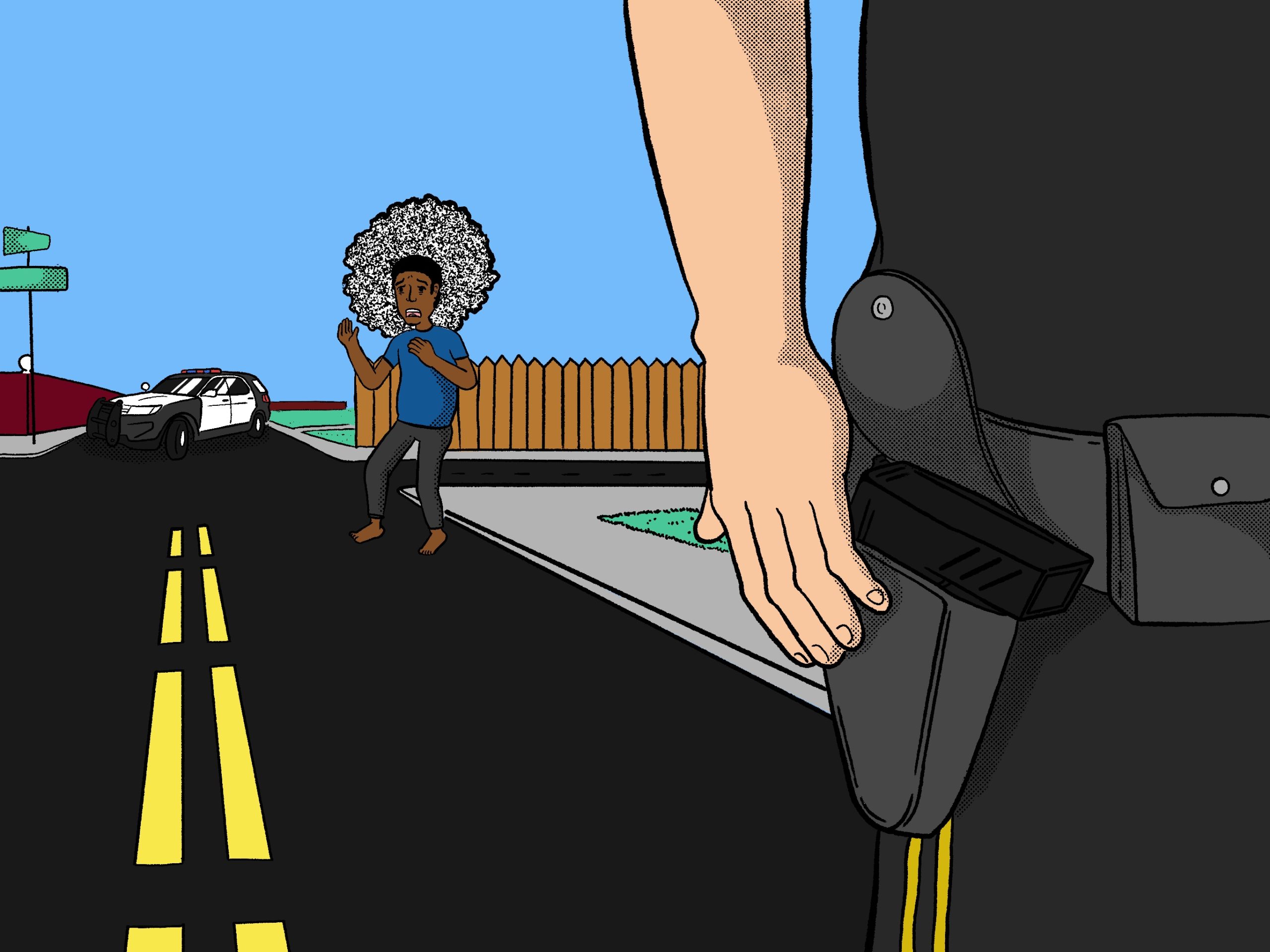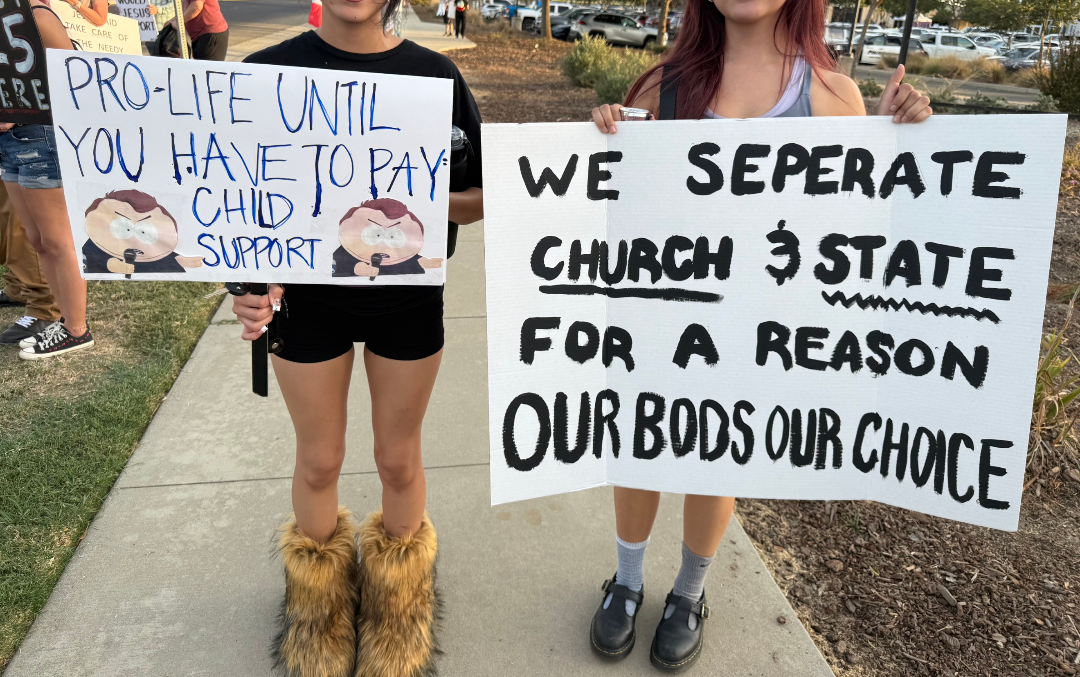
Police are here to serve and protect the people of this country, but are the police truly a reliable source when it comes to the more nuanced aspects of people’s behavior? Especially in regards to mental health.
When people are having a mental health crisis, oftentimes police are called to assist. This may be because the person having a crisis is found wandering the streets, because a teacher does not know how to handle a student in need, or because the person’s loved ones need some backup in a situation.
During these crises, the person in need of help or medical attention may not be in direct control of their actions or emotions. It is the job of those deemed our “protectors” to educate themselves and learn how to de-escalate the so-called situations. In the year 2020, the police should already know and be well-equipped on how to safely care for a person having a mental health crisis. It is their job to protect us, so why aren’t they?
In an article published by ABC News on March 25, 2016, body camera footage was released that showed two officers fatally shooting a man in Fresno County. It was revealed that the man, Freddy Centeno, suffered from schizophrenia, bipolar disorder, and drug abuse.
Police arrived on the scene after a 911 call was made, stating that a man of Centeno’s description had held a woman at gunpoint. As soon as police arrived, they had their guns drawn and pointed at Centeno. Both officers shouted at him to get on the ground and less than seconds later, shot at him 10 times – seven of which hit Centeno.
On the second command to get on the ground, Centeno reached into his pocket for a black plastic spray nozzle. Police were under the impression that this was a gun and decided in a split second to shoot. This goes to show that police are in no way capable of de-escalating situations in which they “fear for their lives.” On multiple occasions, it seems as though police are simply “trigger happy” and shoot unnecessarily.
And it’s not just happening in our community, but all across the country. On Saturday, June 8, 2019, police received a call regarding a suicidal woman in her apartment. According to ABC 7 News, the officers called for a crisis negotiator before arriving, showing that police are certainly not equipped with the skills to do this themselves. When officers arrived, they reported that she swung an ax and hit the door, then proceeded to chase the officer with a knife. The officer shot her while she was standing 4 feet away from him. She later died in the hospital.
With the woman standing 4 feet away, she was obviously not able to reach the officers with the knife she had in her hand. If the police received adequate training in mental health crises, they would know how to properly negotiate with the woman and talk her out of the mental health episode she was experiencing without using lethal force.
As someone who is diagnosed with many mental health illnesses, I know how badly an illness can take over one’s body and mind. When someone is experiencing an episode, they usually do not have the best control over their actions, nor are they properly in touch with reality in that moment.
As police barged into that woman’s apartment, it made her crisis worsen and she probably went into a fight-or-flight response. Seeing a gun in general can be quite triggering for someone with a mental health disorder – now imagine how they feel when that gun is being pointed directly at them.
With all of the negative events occuring in our country right now regarding police and the innocent lives being lost, some people get lost in the reasons why these events may happen in the first place. The police system has been around since 1838, and we have not seen a great deal of progress. This can be directly associated with the amount of training that is required for police involving mental health crises across the country. A one week, 40 hour curriculum training is offered to police on how to handle mental health cases. The problem is, these trainings are not mandatory, and most states only require their officers to attend 8 or less hours.
Some departments do not have the money to train all officers, so they hand select which officers they want to train in mental health.
As journalist Megan Pauly said in her Atlantic article on police officers and mental health, “Without the appropriate amount of mental health training for police, experts say, rash stigmatization and misinterpretation of the intentions of the mentally ill can cause vital errors and ultimately make the difference between life and death.”
On the other hand, the few police that are trained in this field can not respond to all of the cases that arise, which creates the inevitable cycle of mentally ill people continually being wrongfully harmed.
As aforementioned, not all departments have the money in the budget to train all officers. This is not the officers fault, but the fault of the system that prioritizes everything else over the mental health training that their officers really need. We need to start by reforming police budgets entirely and redirecting the focus to providing mandatory training for all officers. This will ensure that any officer called to a mental health case will be secure in their training and know how to properly handle the situation.


